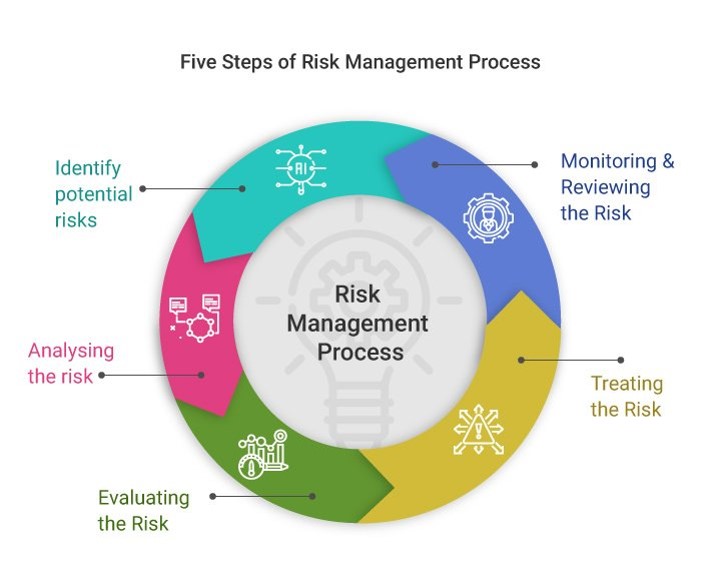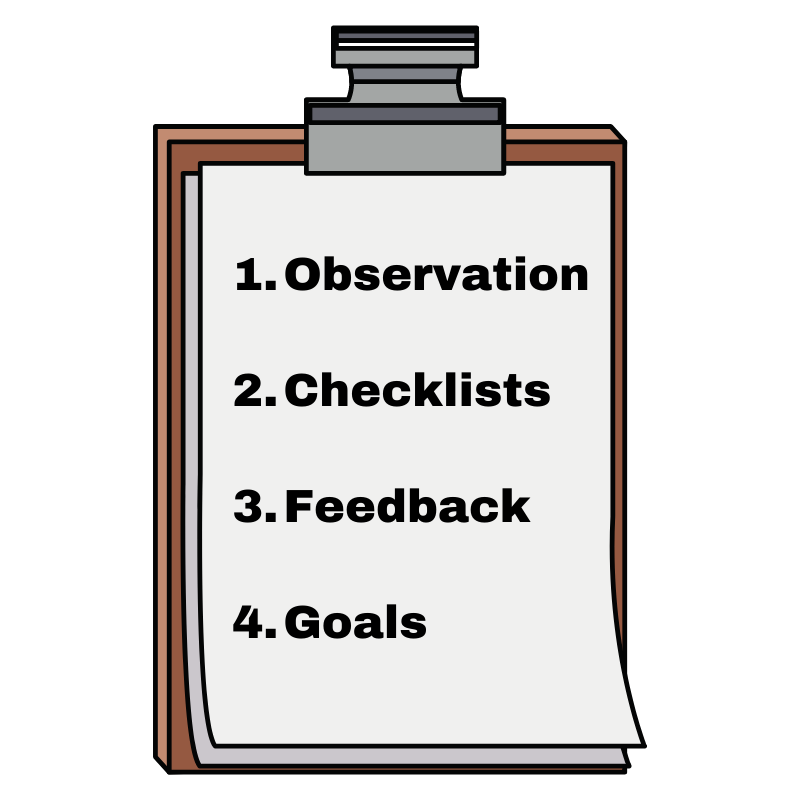
The UW Platteville Civil Engineering Program and Environmental Engineering Program are designed to prepare students in order to face the many challenges society faces. Civil engineers design and build infrastructure and systems that support society. Environmental engineers apply engineering principles to improve environmental conditions and reduce pollution. Although both have important roles to fulfill in society, environmental engineers are skilled in specific areas.
University of Wisconsin-Platteville
The University of Wisconsin-Platteville Civil Engineering program is a comprehensive program that prepares students for careers in design, construction, and related fields. Students are trained in all technical areas and must complete at least one emphasis area. The College of Engineering, Mathematics, and Science has faculty mentors who help students develop real-world solutions. They use their critical thinking skills and financial insight when designing and building buildings. They use these skills in their daily lives.
The program graduates are ready to solve the most pressing social problems. Their training teaches them how to apply engineering principles to reduce pollution and ensure the health of the environment. Civil engineers design infrastructures and other systems that are necessary for modern life. The engineering principles of environmental engineering are applied to environmental issues.

Courses offered
UW Platteville offers a variety of courses for those interested in a career involving civil or environmental engineering. These courses satisfy or exceed General Education requirements. This will prepare you for coursework required for professional engineering programs. You should speak with an advisor about the specific requirements of your field to help you choose the right course of study.
The UW Platteville Civil Engineering Degree program offers a strong foundation in all technical fields of the field. You can select an emphasis from among the three majors offered and still have a wide scope of knowledge in the field. These courses allow you to gain practical experience in labs or in the field.
Cost of degree
The University of Wisconsin - Platteville has a higher cost of a degree in civil engineering than the $23,345. However, graduates of UW - Platteville can expect to earn a median salary of $58,200 during their early career, which is similar to the national average.
Students have the opportunity to choose from many engineering programs offered by the University of Wisconsin, Platteville. These programs can be accredited by the Engineering Accreditation Commission of ABET.

Career prospects
Students interested in pursuing a career in civil engineering should consider the University of Wisconsin-Platteville. This school offers a comprehensive curriculum that covers all areas of civil engineering and requires undergraduate students to complete at least one emphasis. Students will be able to collaborate with industry partners and develop new products. They will also learn financial analysis and critical thinking in order to determine the equipment, personnel and finances required for each project.
UW-Platteville's civil engineering program aims to prepare students to meet the challenges facing society. Civil engineers help build the foundations of our society using the principles and technology of engineering. The principles of engineering are used by environmental engineers to solve problems related to the environment. They work to reduce pollution and improve environmental conditions.
FAQ
Why does it sometimes seem so hard to make good business decisions
Complex systems with many moving parts are the hallmark of businesses. They require people to manage multiple priorities and deal with uncertainty and complexity.
The key to making good decisions is to understand how these factors affect the system as a whole.
It is important to consider the functions and reasons for each part of the system. You then need to consider how those individual pieces interact with each other.
You should also ask yourself if there are any hidden assumptions behind how you've been doing things. If so, it might be worth reexamining them.
For help, ask someone else if you're still stumped after all the above. They might have different perspectives than you, and could offer insight that could help you solve your problem.
How do we build a culture that is successful in our company?
A culture of respect and value within a company is key to a productive culture.
It is based on three principles:
-
Everybody has something to offer.
-
People are treated fairly
-
It is possible to have mutual respect between groups and individuals
These values can be seen in the behavior of people. They will treat others with respect and kindness.
They will be respectful of the opinions of other people.
They can also be a source of inspiration for others.
Company culture also encourages open communication, collaboration, and cooperation.
People are free to speak out without fear of reprisal.
They know that they will not be judged if they make mistakes, as long as the matter is dealt with honestly.
The company culture promotes honesty, integrity, and fairness.
Everyone understands that the truth is always best.
Everyone understands that there are rules and regulations which apply to them.
People don't expect special treatment or favors.
What is the main difference between Six Sigma Six Sigma TQM and Six Sigma Six Sigma?
The key difference between the two quality management tools is that while six-sigma focuses its efforts on eliminating defects, total quality management (TQM), focuses more on improving processes and reducing cost.
Six Sigma is a method for continuous improvement. It emphasizes the elimination of defects by using statistical methods such as control charts, p-charts, and Pareto analysis.
This method aims to reduce variation in product production. This is done by identifying root causes and rectifying them.
Total quality management refers to the monitoring and measurement of all aspects in an organization. This includes training employees to improve their performance.
It is often used as a strategy to increase productivity.
What do we mean when we say "project management"?
That is the management of all activities associated with a project.
We help you define the scope of your project, identify the requirements, prepare the budget, organize the team, plan the work, monitor progress and evaluate the results before closing down the project.
What are management concepts, you ask?
Management Concepts are the management principles and practices that managers use in managing people and resources. They cover topics such as job descriptions and performance evaluations, human resource policies, training programs, employee motivation, compens systems, organizational structure, among others.
Statistics
- Hire the top business lawyers and save up to 60% on legal fees (upcounsel.com)
- The average salary for financial advisors in 2021 is around $60,000 per year, with the top 10% of the profession making more than $111,000 per year. (wgu.edu)
- The profession is expected to grow 7% by 2028, a bit faster than the national average. (wgu.edu)
- UpCounsel accepts only the top 5 percent of lawyers on its site. (upcounsel.com)
- Your choice in Step 5 may very likely be the same or similar to the alternative you placed at the top of your list at the end of Step 4. (umassd.edu)
External Links
How To
How do I do the Kaizen Method?
Kaizen means continuous improvement. The term was coined in the 1950s at Toyota Motor Corporation and refers to the Japanese philosophy emphasizing constant improvement through small incremental changes. It's a team effort to continuously improve processes.
Kaizen is one the most important methods of Lean Manufacturing. The concept involves employees responsible for manufacturing identifying problems and trying to fix them before they become serious issues. This improves the quality of products, while reducing the cost.
Kaizen is an approach to making every worker aware and alert to what is happening around them. If something is wrong, it should be corrected immediately so that no problem occurs. Report any problem you see at work to your manager.
When doing kaizen, there are some principles we must follow. The end product is always our starting point and we work toward the beginning. To improve our factory, for example, we need to fix the machines that produce the final product. Next, we repair the machines that make components. Then, the machines that make raw materials. And finally, we fix the workers who work directly with those machines.
This is known as "kaizen", because it emphasizes improving each step. After we're done with the factory, it's time to go back and fix the problem.
Before you can implement kaizen into your business, it is necessary to learn how to measure its effectiveness. There are several ways that you can tell if your kaizen system is working. One way is to examine the amount of defects on the final products. Another way is to see how much productivity has increased since implementing kaizen.
To determine if kaizen is effective, you should ask yourself why you chose to implement kaizen. Is it because the law required it or because you want to save money. Did you really believe it would lead to success?
Congratulations! Now you're ready for kaizen.